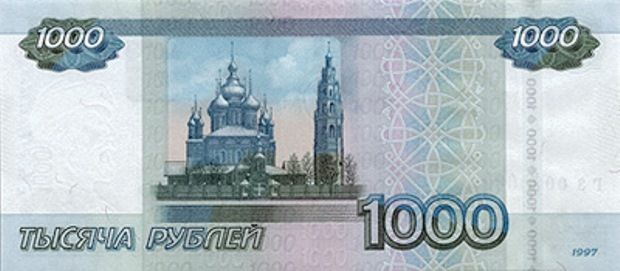
The yields of Russian government bonds are among the highest among the securities of developing economies, at about 7% for dollar-denominated bonds maturing in September 2023.
The yield of similar Lebanese government bonds is 5.9%, despite the fact that Standard & Poor’s credit rating for Lebanon is six steps below Russia’s BBB- garde.
However, as early as Friday Russia's sovereign credit rating may be downgraded by Fitch Ratings agency to junk level, according to expert forecasts from Societe Generale SA. On December 23, 2014, the international rating agency Standard & Poor's sent for review Russia’s sovereign credit rating with a "negative" outlook.
"S&P with a probability of 50% will lower the rating in the next 90 days," Bloomberg said. One of the reasons given for a possible downgrade is a sharp decline in the flexibility of Russia’s monetary policy.
"I see a very large chance that the rating will be reviewed,” Olga Budovnits, a credit analyst at Union Bancaire Privee in Zurich, told Bloomberg.
“Over the past three months, the economic prospects of the Russian Federation have changed dramatically on the backdrop of oil prices dynamics. This has led to a strong devaluation, inflation, and limited access to credit."
Recently, U.S. financier George Soros has said that thanks to a sharp drop in global oil prices, the sanctions imposed by the United States and Europe for Russia’s interventions in Ukraine have inflicted much more damage on the Russian economy than Western leaders could have expected, and the country may even face default.
However, Russian analysts do not share the pessimistic view of Soros.
"There will be no default in the next two years,” said Deputy Director General for Investment Analysis at Zerich Capital Management Andrey Vernikov.
“In the second half of the year there will be a sharp rise in oil quotes – probably to the level of $95 a barrel and talks of default will die down."

